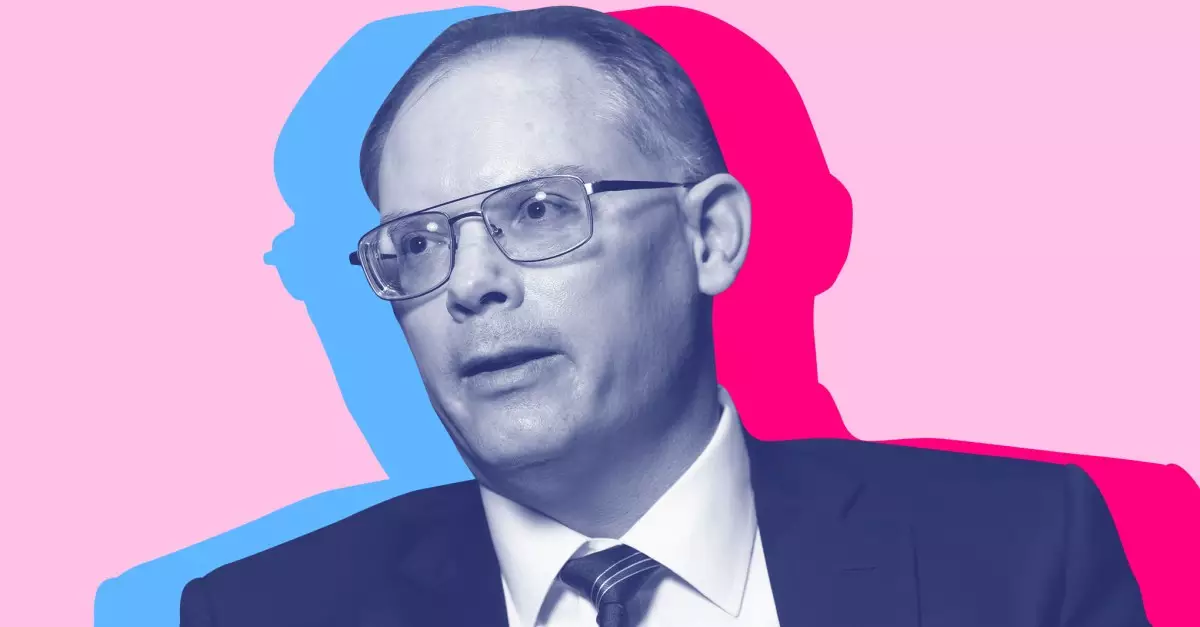The ongoing saga between Epic Games and Apple represents not only a clash of titans in the video game industry but also highlights underlying issues regarding monopolistic behaviors in digital marketplaces. For nearly a week now, Epic Games has been in limbo, waiting for Apple to greenlight the return of Fortnite to the iOS App Store. With their CEO, Tim Sweeney, resorting to public pressure via social media platform X, it’s clear that the stakes have intensified. This situation serves as a prime illustration of the challenges developers face when navigating the stringent and often opaque review processes of major app stores.
Sweeney’s approach is both bold and strategic. By showcasing alternative games that mimic Fortnite’s signature aesthetic, he underscores the disparity in treatment regarding approved apps. One such example, “Fort Battle Royale Epic Shoot,” was highlighted in Sweeney’s appeal, which quickly drew attention from followers and gamers alike. This blatant imitation of Fortnite, albeit lacking in quality and authenticity, raises questions about Apple’s consistency and criteria for app approval. While “Fort Battle Royale” was promptly removed following Sweeney’s intervention, other clones such as “Epic Survival Battle Royale 3D” remain available, illustrating a concerning pattern of oversight from Apple itself.
A Test of Patience and Persistence
Sweeney’s attempts to engage Apple directly through Twitter highlight a growing frustration not only with the App Store’s approval processes but also with how developers and consumers are often left waiting in the lurch. Following a significant ruling that prevented Apple from enforcing its payment policies on Epic, Sweeney had previously announced plans for Fortnite’s return to iOS. Fast forward to May 9, when Epic submitted a revised version of the game, aimed at synchronizing new content releases across all platforms.
Yet here we are, with approval still pending. “We need to release a weekly Fortnite update with new content this Friday,” Sweeney asserted, emphasizing the urgency of the situation. Apple boasts an impressive record, claiming that 90 percent of app submissions are reviewed within 24 hours. Given this metric, the ongoing delay raises eyebrows and prompts speculation about a larger game of corporate poker. Are we witnessing a petty game of wills, or does Apple have legitimate concerns regarding Epic’s app submission?
The Broader Implications for Developers
The tussle between Epic and Apple encapsulates major concerns that developers have regarding platform monopolies and the gatekeeping mechanisms embedded within them. These conflicts aren’t just about one game; they touch on broader issues of revenue sharing, creative freedom, and accessibility. By allowing clones of games to flourish while denying the original, Apple creates an environment whereby innovation is stifled. The message is clear: developers are at the mercy of corporate giants who can dictate which games thrive and which are left to languish.
Young developers, in particular, must now question whether it is worth their effort to create original games that might get overshadowed by low-quality knock-offs. Furthermore, the lack of transparency from Apple regarding why certain apps are approved while others are not creates an uncertain playing field. This uncertainty could discourage new talent from participating in the market, ultimately resulting in a less vibrant gaming ecosystem.
Public Sentiment and Damage Control
As the drama unfolds, public sentiment begins to play a vital role in the narrative. Gamers rallying behind Sweeney’s cause not only showcase their loyalty to Fortnite but also their investment in the broader health of the gaming industry. The power of social media to mobilize fans can serve as a double-edged sword. On one hand, it applies pressure on companies to rethink their strategies; on the other, it might prompt defensive behaviors that could further complicate negotiations.
This social backing is crucial in shaping the perception of both Epic Games and Apple. Currently, Epic’s dependency on public goodwill gives the company leverage; however, if the saga drags on, it could just as easily sour the community’s enthusiasm. As both sides maneuver through this turbulent landscape, the ultimate question remains: who will emerge victorious in this battle of wills, and at what cost?


Leave a Reply